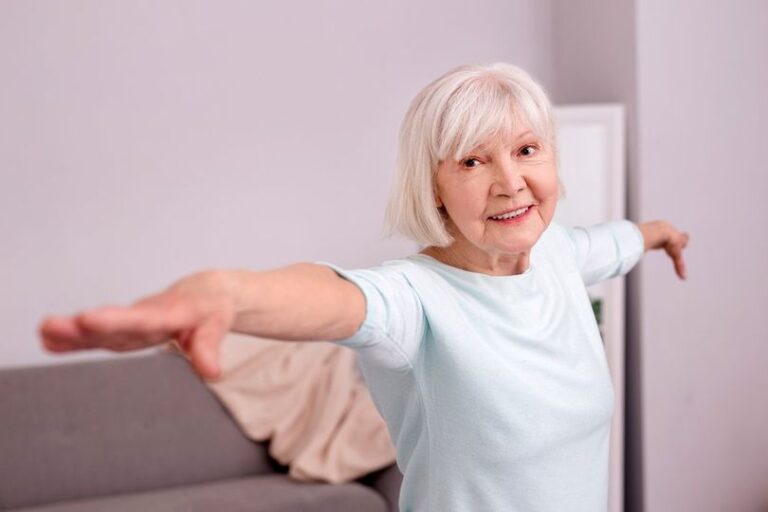When a care recipient is contending with a mobility issue, a caregiver tends to place his/her focus on that physical limitation. While we are helping our loved ones with their mobility issues, what are we doing to address their emotional pain? Chartwell.com reports that the Canadian Coalition for Seniors’ Mental Health (CCSMH) says that reduced independence and mobility can result in depression or anxiety.
What steps can be taken to give mental health and physical health equal priority?
Follow a daily routine.
Sticking to a regular routine is especially helpful for seniors who battle with dementia. Because memory loss is a common result of such conditions as Alzheimer’s disease, it is incredibly helpful to get a sufferer to establish common patterns. When an older adult with cognitive issues recalls his/her daily routines, it promotes senses of self-confidence and independence. This works wonders for an older person’s mental health.
Following a daily routine “can be hard for older adults, particularly those who are living alone or recovering from COVID-19,” writes Dr. Jayashree Dasgupta on HealthShots.com, “Starting with small steps, including fixing mealtimes and going to bed at the same time every day helps to get a better night’s sleep, making it easier to follow a routine. Gradually incorporate exercise and other activities into your daily schedule.”
Be physically active each day.
Older adults are encouraged to keep regularly active. While it is not recommended that they do any heavy workouts, a light exercise routine is a vital part of maintaining optimum overall health. In addition to keeping a healthy weight and improving blood circulation, staying active keeps an older adult in good spirits.
According to Chartwell.com, the Mayo Clinic says that “doing physical activity for 30 minutes three to five times a week – whether it’s walking, gardening or swimming – improves mood and reduces anxiety by releasing feel-good endorphins and taking your mind off worries.”
Keep them in touch with friends.
Don’t assume that you’re the only person who needs someone to talk to. Your friends and family members are likely in need of your company as much as you are in need of theirs. In some cases, the help of a professional therapist, psychologist or grief counsellor, may be in order. However, it’s important that you not hesitate in reaching out to loved ones to help boost your moods each day.
“Time and distance can make it difficult for people to maintain close relationships with old friends, especially as they age,” points out SalmonHealth.com, “For older adults, keeping in touch with the important people in their lives can help to stave off loneliness and feelings of isolation that can lead to depression, as well as mental and physical decline.”
At LifeCare Mobility Solutions, we support the betterment of mental health for all. To assist with that, we offer a wide range of high-quality mobility solutions. They help both seniors and individuals with mobility issues to get around safely. These solutions promote a great ease of stress. Among them are mobility scooters, wheeled walkers and rollators.
To learn all about them, please don’t hesitate to call us at 416-267-9800 or email us at info@lifecaremobility.ca. You may also contact us by filling out the form on our Contact page!










